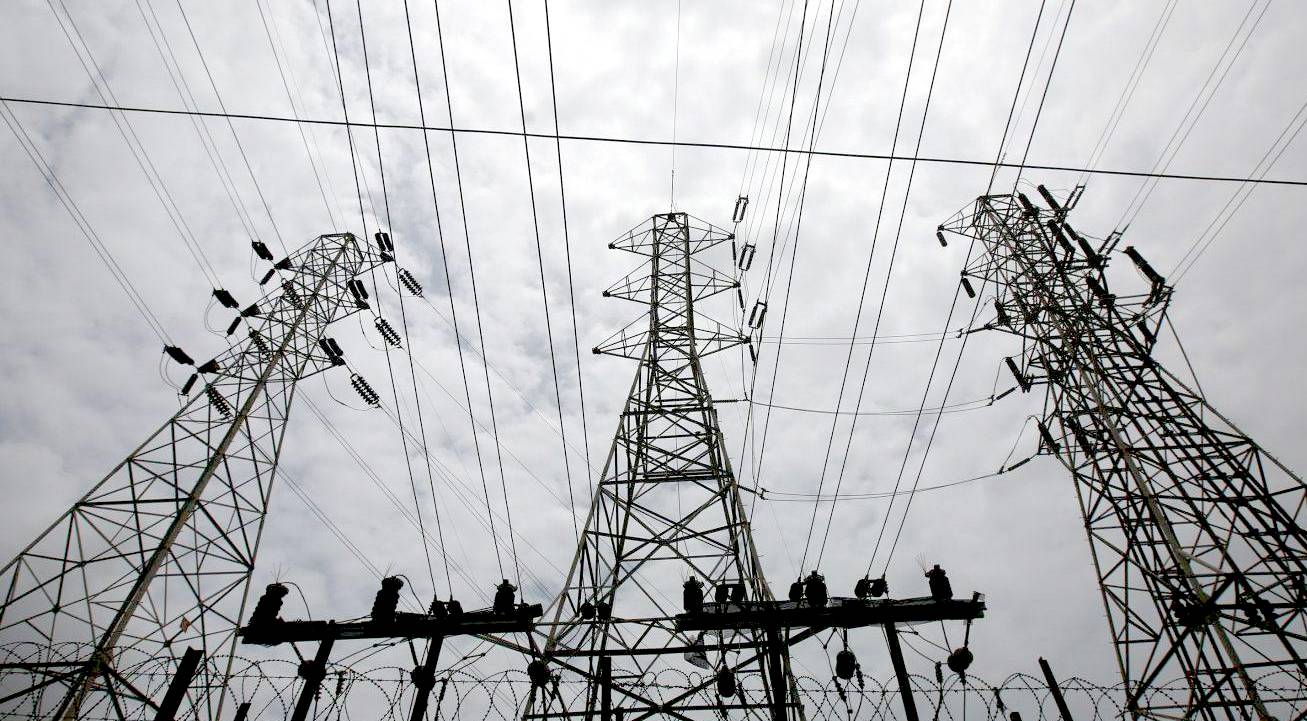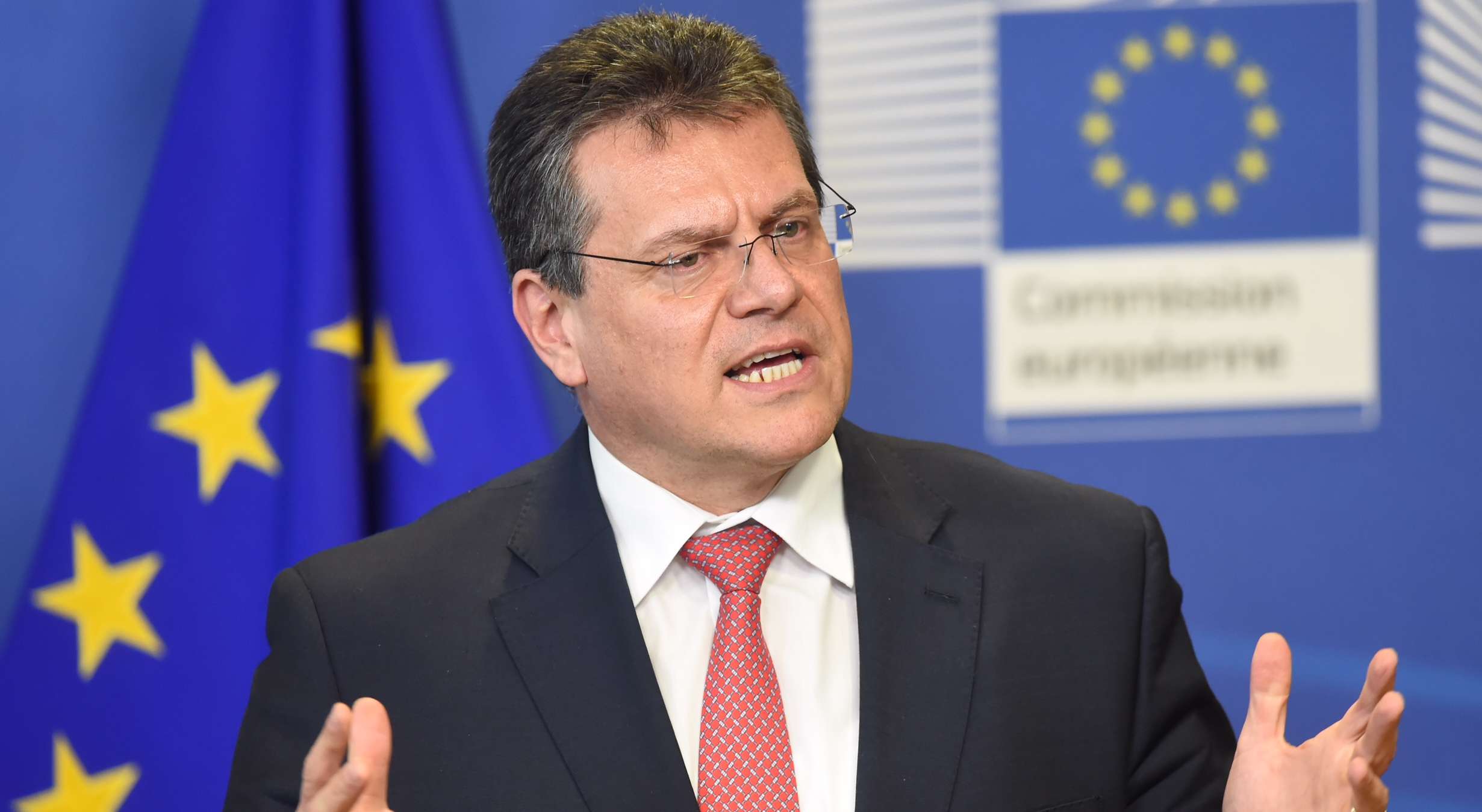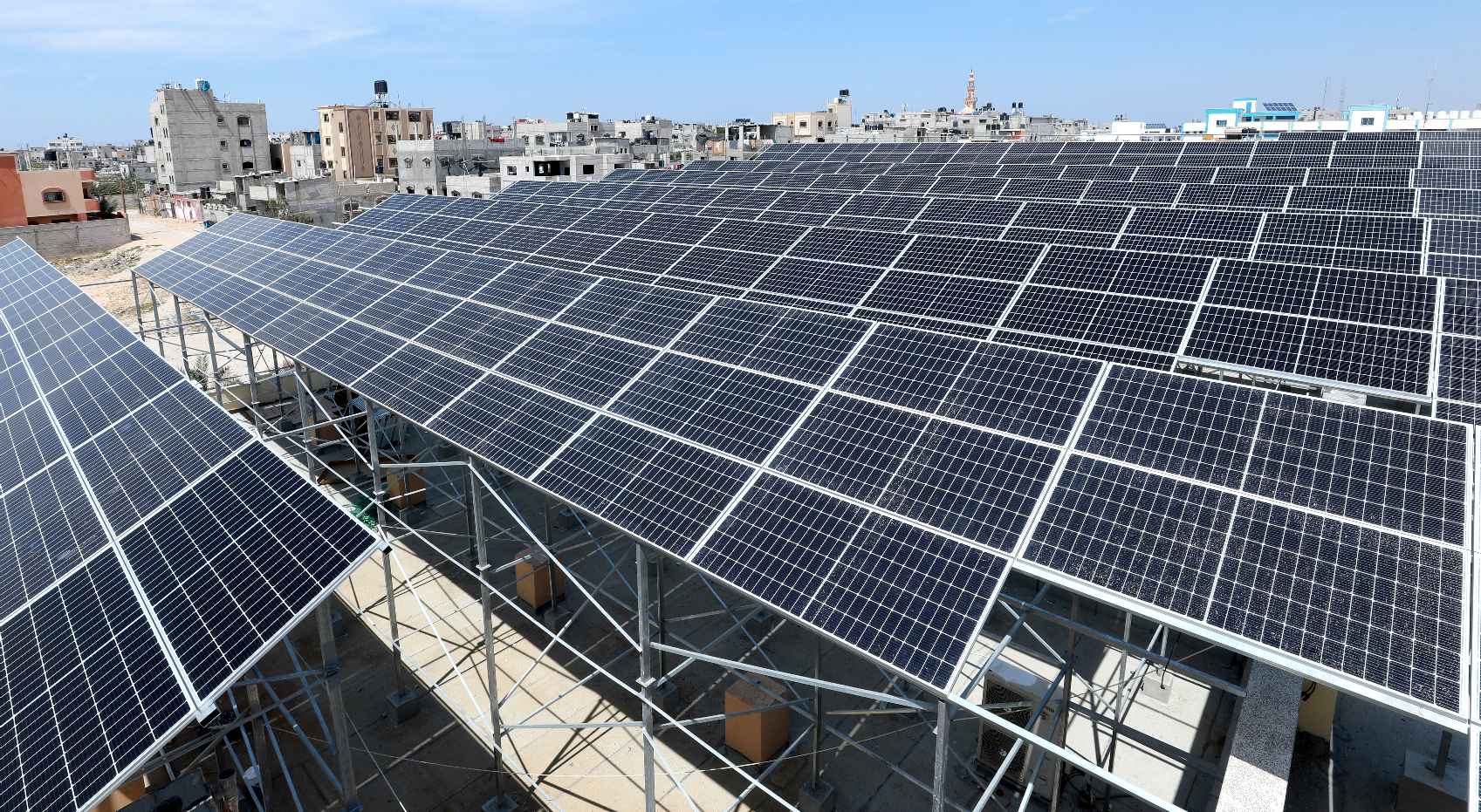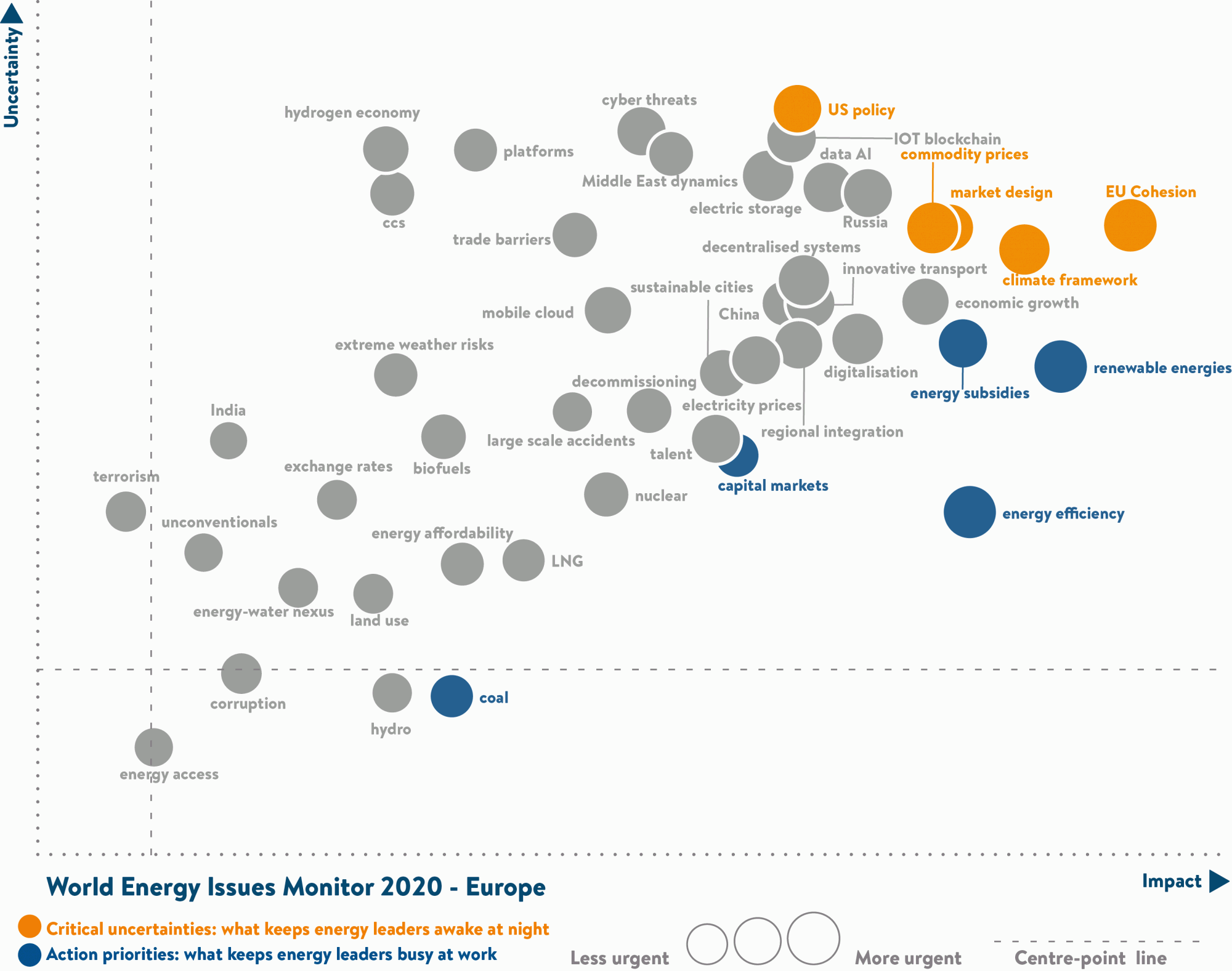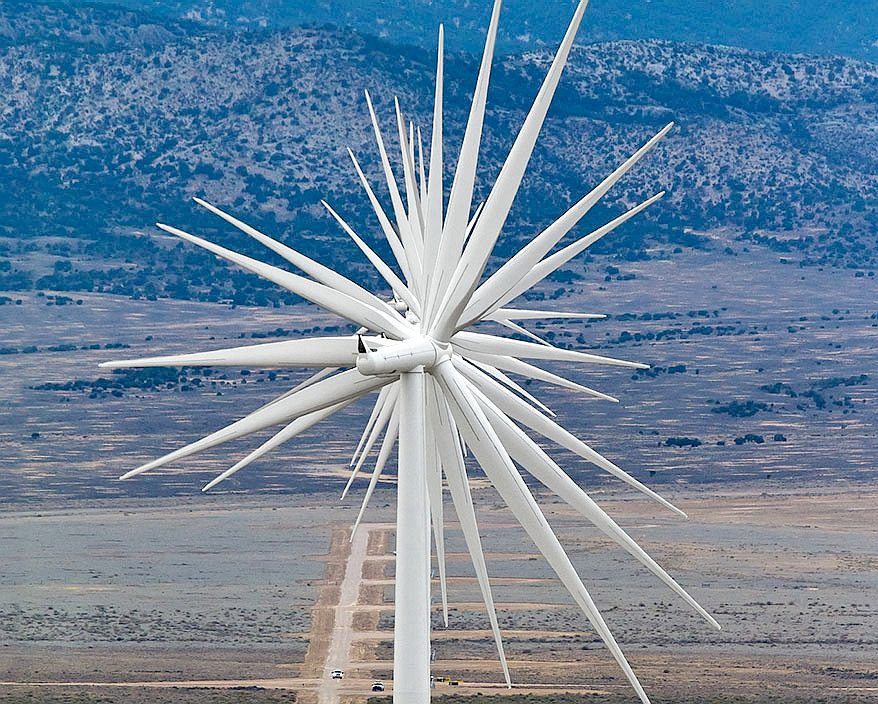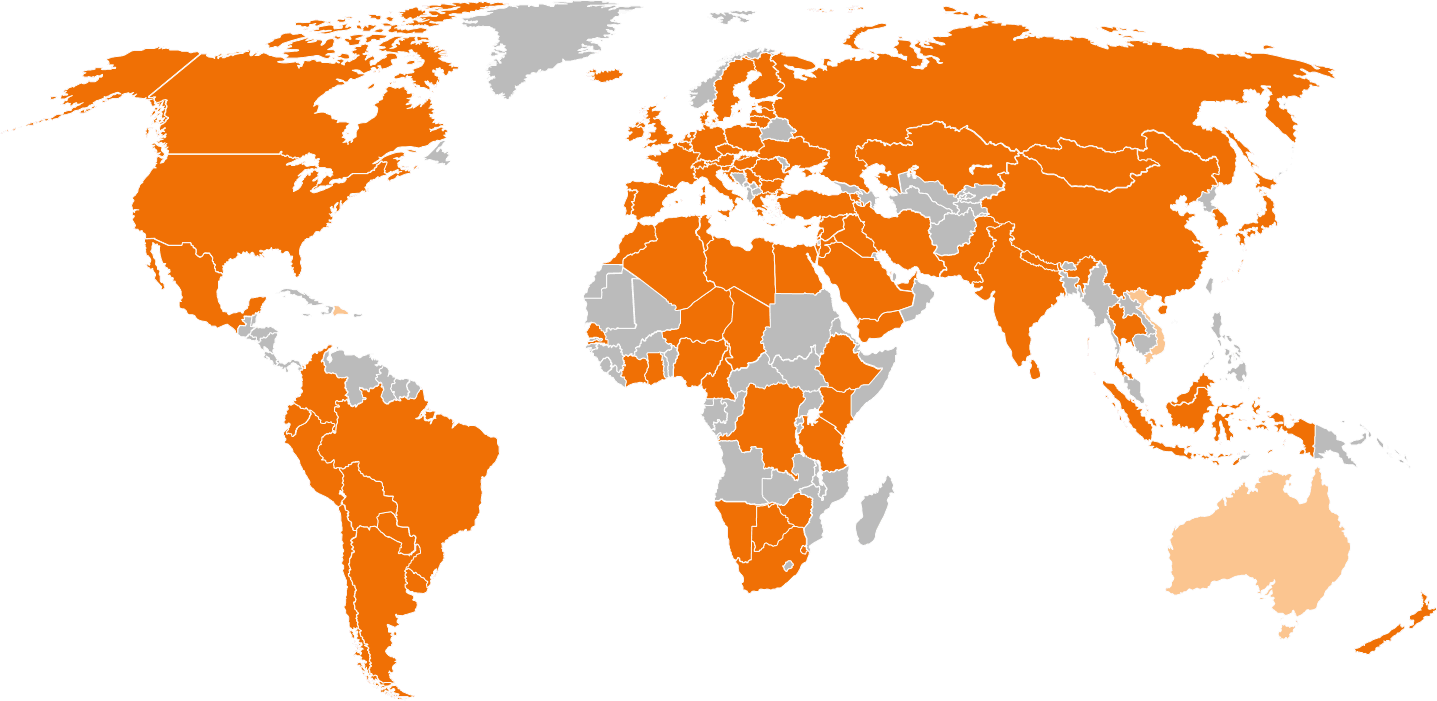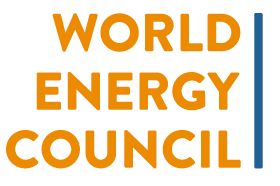|
WORLD ENERGY COUNCIL
Please use our A-Z INDEX to navigate this site
|
|||||||||||||||||||||||||||
HIGH VOLTAGE - Every country uses high voltage cables to transmit electricity via a grid, mostly over ground using steel pylons, but also underground and undersea. The higher the voltage, the lower the transmission losses. Nevertheless, the length of cables and transformer efficiency, also play a part in designing an efficient system.
In the quest to reduce global warming, and yet still provide energy for the world to be able to live, we face a difficult situation, with difficult choices for those with wealth and collections of fossil fuelled luxury cars, mansions and yachts. For the rest of us it is simple, freely available, clean, renewable energy.
Young families are the future generations that will strive to wipe away fat-cat syndrome, with refreshing thinking inspired by Greta Thunberg's Skolstrejk for Klimatet sit-ins and protest rallies. We share that vision, and have done so since before Greta was born, working in other ways to help influence policy makers as to sustainable living.
VP EUROPEAN COMMISSION - Maroš Šefčovic: "Europe is investing in a competitive and sustainable battery manufacturing sector. We want to provide a framework that includes secure access to raw materials, support for technological innovation and consistent rules on battery production. We envisage a strong battery industry that contributes to the circular economy and clean mobility."
The EU has woken up to the fact that batteries are a vital component in the smoothing of energy in the new age of renewables. Alongside such realisation, hydrogen looms as a prospective savior, that is also the target of investment, now that climate change is being given the attention it deserved 30 years ago. We say, better late than never.
The voting public do not want any more dangerous nuclear power stations, or nuclear warships. These should be made illegal by virtue of a revised Geneva Convention, as should nuclear missiles. Fire one of those and it's goodbye planet earth. A bigger stick could be disarming the mighty by making your region energy self-sufficient and your economy sustainable, promoting equality and prohibiting financial slavery and monopolies. These ideals are attainable, based on sharing and transparency.
WHO JUNE 2019 - A newly installed solar power plant in the Gaza Strip, Occupied Palestinian Territory (OPT), will reduce Nasser Hospital’s reliance on donated fuel and, by providing life-saving interventions, help build resilience. This is according to the World Health Organization (WHO).
The World Energy Council is a global and inclusive forum for thought-leadership and tangible engagement. Its mission is 'To promote the sustainable supply and use of energy for the greatest benefit of all people'.
Today, the Council has Member Committees established in over 90 countries, which represent over 3,000 member organizations including governments, industry and expert institutions. The World Energy Council covers all energy resources and technologies of energy supply and demand.
The 2019 edition took place in Abu Dhabi from 9-12 September, where it was announced that Saint Petersburg will be the host city for the next World Energy Congress in 2022.
2020 ISSUES - Europe’s Critical Uncertainties revolve around EU cohesion, a changing energy mix and energy security concerns driven by commitments to the Climate Framework and EU decarbonisation policies. The main area of concern is the impact of a changing energy mix on existing market structures and on the reliability of energy infrastructure. Among security challenges are the ability to attract adequate investments and, for some countries, over-reliance on a single supplier or on a single fuel source. Russia’s dominance as a supplier of natural gas to Europe remains a source of tension with some European countries as Moscow seeks to secure a greater share of the European market. Action Priorities remain consistent with last year’s efforts to decarbonise and enhance the efficiency of energy systems.
National Member Committees work closely with their neighbouring countries to facilitate cross-border partnerships. These regional networks foster an exchange of knowledge and experiences to ensure governments, companies and stakeholders have a neutral forum to plan and engage in the challenges that increasingly need some degree of regional integration or cooperation.
CLIMATE CHANGE COP HISTORY
According to Power-Technology.com, a website that provides market and customer insights in this sector, they listed these power companies (according to the 2018 Forbes calculation of net market capitalization, assets, sales and profit) as the biggest utilities:
KEPCO Korean Electric Power Corporation National Electric Grid & Central Electricity Authority (India) National Energy Board (Canada) National
Grid plc (formerly Central Electricity Generating Board UK) State Grid Corporation of China TEPCO Tokyo Electric Power Company
CLIMATE CHANGE - Global emissions are reaching record levels and show no sign of peaking. The last four years were the four hottest on record, and winter temperatures in the Arctic have risen by 3°C since 1990. Sea levels are rising, coral reefs are dying, and we are starting to see the life-threatening impact of climate change on health, through air pollution, heatwaves and risks to food security.
SIX STEPS TOWARD A COOLER PLANET
1. TRANSPORT: Phase out polluting vehicles. Governments aim to end the sale of new petrol, and diesel vehicles by 2040 but have no feasible infrastructure plan to support such ambition. Marine transport can be carbon neutral with smaller container ships that are solar and wind powered.
2. RENEWABLES: Renewable energy should replace carbon-based fuels (coal, oil and gas) in our electricity, heating and transport.
3. HOUSING: On site micro or macro generation is the best option, starting with new build homes that are zero carbon, or energy neutral. We must make it illegal for councils to grant planning permission to any new houses that are not compliant. Local authorities are to blame for kleptocratic decision making - making them climate criminals.
4. AGRICULTURE: We need trees to absorb carbon emissions from a growing population, flying, and to build affordable new homes. Reducing food waste and promoting less energy intensive eating habits such as no meat Mondays.
5. INDUSTRY: Factories should be aiming for solar heating and onsite renewable energy generation.
6. POLITICS: - National governing bodies need to adopt rules to eliminate administrative wastages, to include scaling down spending on war machines, increasing spend on educating the public and supporting sustainable social policies that mesh with other cultures. One way of pushing this agenda is total transparency in Governments and Courts as per United Nations SDG 16. This would tend to prevent corrupt politicians and civil servants from pursuing unlawful agendas.
WEC CONTACTS
World Energy Council 62-64 Cornhill, London, EC3V 3NH United Kingdom
Fax: +44 207 734 5926
WHO oPt office
LINKS & REFERENCES
https://www.worldenergy.org/ https://en.wikipedia.org/wiki/World_Energy_Council
|
|||||||||||||||||||||||||||
|
This website is provided on a free basis as a public information service. copyright © Climate Change Trust 2020. Solar Studios, BN271RF, United Kingdom.
|
